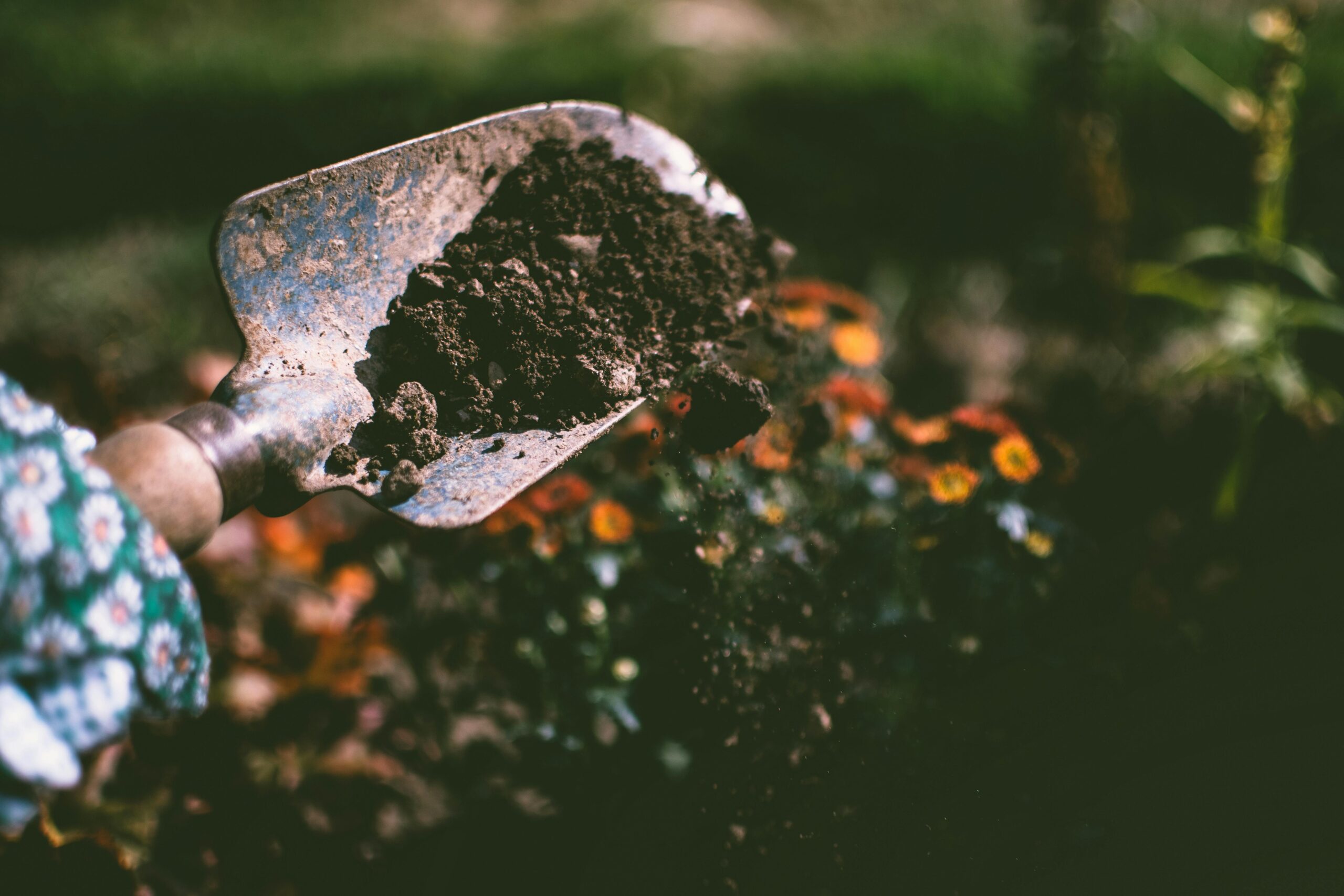Starting a Vegetable Garden: A Beginner’s Guide
Spring is the perfect time to start a vegetable garden. Whether you have a spacious backyard or just a small balcony, growing your own vegetables can be a rewarding and fruitful experience. Here’s a comprehensive guide to help you get started on your gardening journey.
1. Choosing the Right Location
The first step to a successful vegetable garden is choosing the right location. Vegetables need at least 6-8 hours of direct sunlight each day. Look for a spot in your yard or balcony that gets ample sunlight and is sheltered from strong winds.
2. Planning Your Garden Layout
Before planting, sketch a layout of your garden. Decide which vegetables you want to grow and where to plant them. Consider the mature size of each plant to ensure they have enough space to grow. Companion planting—growing plants that benefit each other next to each other—can also enhance growth and deter pests.
3. Preparing the Soil
Good soil is crucial for healthy plants. Most vegetables prefer well-drained, fertile soil rich in organic matter. Start by removing any weeds or debris from your garden area. Then, enrich the soil with compost or well-rotted manure to provide essential nutrients. You can also perform a soil test to determine if any specific nutrients are lacking.
4. Choosing the Right Vegetables
As a beginner, start with vegetables that are easy to grow and suited to your climate. Some beginner-friendly vegetables include:
- Tomatoes
- Lettuce
- Carrots
- Radishes
- Zucchini
- Cucumbers
Consider the growing season and the space each plant will need. For instance, tomatoes and zucchini need more space compared to lettuce and radishes.
5. Planting Your Vegetables
Once your soil is prepared and you have your seeds or seedlings, it’s time to plant. Follow these general guidelines:
- Seeds: Plant seeds according to the depth and spacing instructions on the packet.
- Seedlings: Dig a hole big enough for the root ball, place the seedling in the hole, and cover it with soil. Water thoroughly after planting.
6. Watering and Maintenance
Consistent watering is key to a healthy vegetable garden. Water your plants early in the morning to reduce evaporation and help prevent diseases. Most vegetables need about 1 inch of water per week, but this can vary depending on the plant and weather conditions.
Regular maintenance is also essential:
- Weeding: Keep the garden free of weeds to reduce competition for nutrients.
- Mulching: Apply mulch around plants to retain moisture and suppress weeds.
- Pruning: Remove dead or diseased leaves and prune plants like tomatoes to encourage healthy growth.
7. Fertilizing Your Garden
Even with rich soil, vegetables may need additional nutrients during the growing season. Organic fertilizers like compost tea or fish emulsion are excellent choices. Follow the recommended application rates to avoid over-fertilizing, which can harm plants.
8. Pest and Disease Management
Keep an eye out for pests and diseases that can damage your plants. Common garden pests include aphids, slugs, and caterpillars. Use organic pest control methods such as neem oil or introduce beneficial insects like ladybugs.
For diseases, practice crop rotation and avoid overhead watering to reduce the risk of fungal infections. Remove and dispose of any infected plants promptly.
9. Harvesting Your Vegetables
The most rewarding part of gardening is harvesting your vegetables. Harvest times vary by plant, so refer to the seed packet or plant label for guidance. Generally, harvest vegetables when they are young and tender for the best flavor. Use a sharp knife or scissors to avoid damaging the plants.
10. Enjoying Your Harvest
Once you’ve harvested your vegetables, it’s time to enjoy the fruits of your labor. Incorporate fresh produce into your meals, share with neighbors, or preserve the excess by freezing or canning.
Starting a vegetable garden can be a fulfilling project that provides fresh, nutritious food and a sense of accomplishment. With careful planning, regular maintenance, and a bit of patience, you’ll be enjoying homegrown vegetables in no time. Happy gardening!




